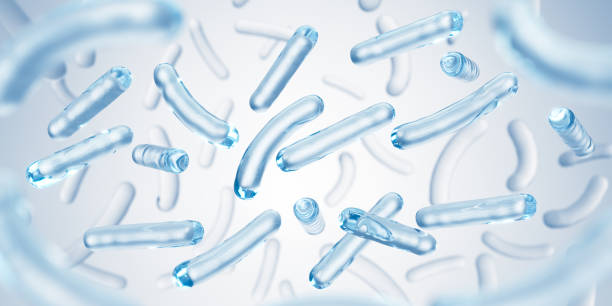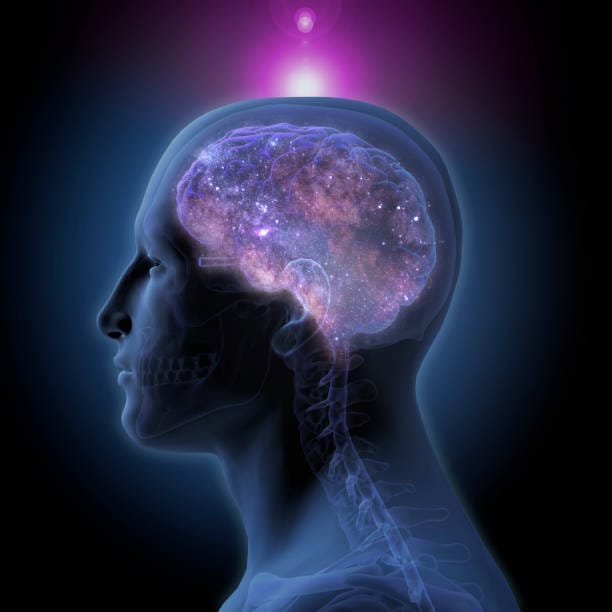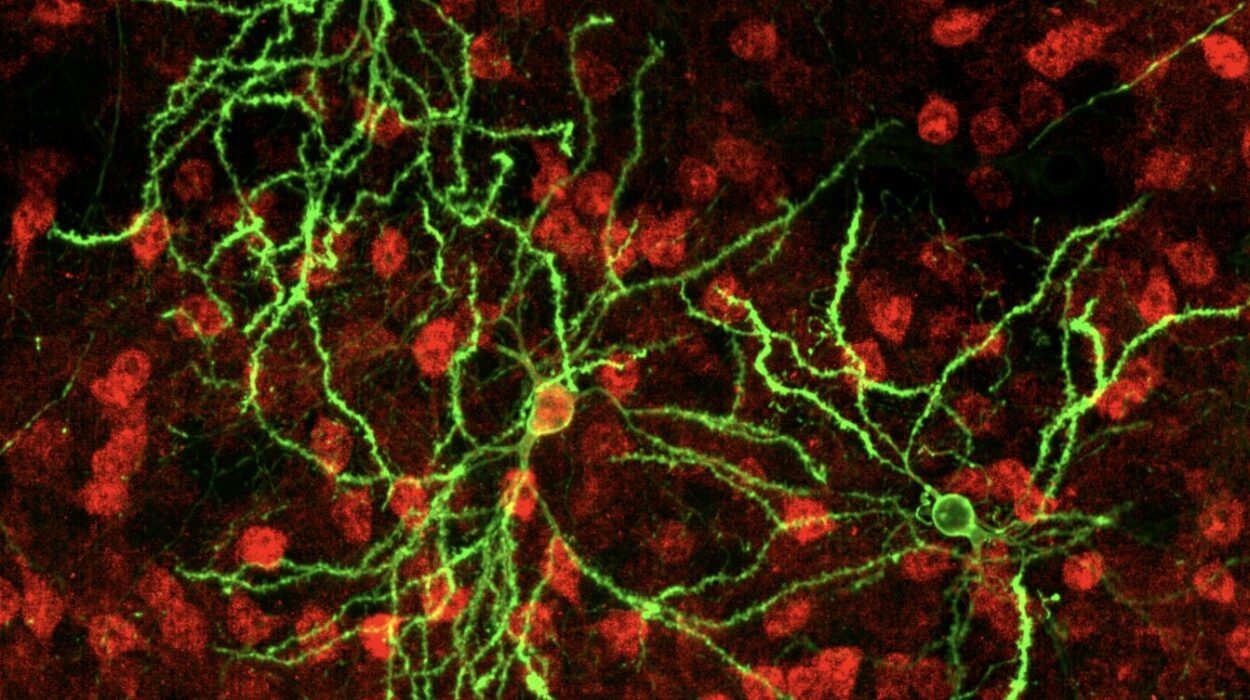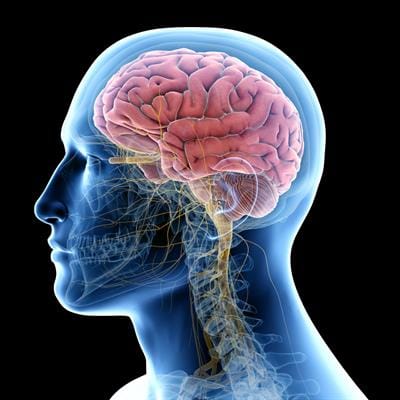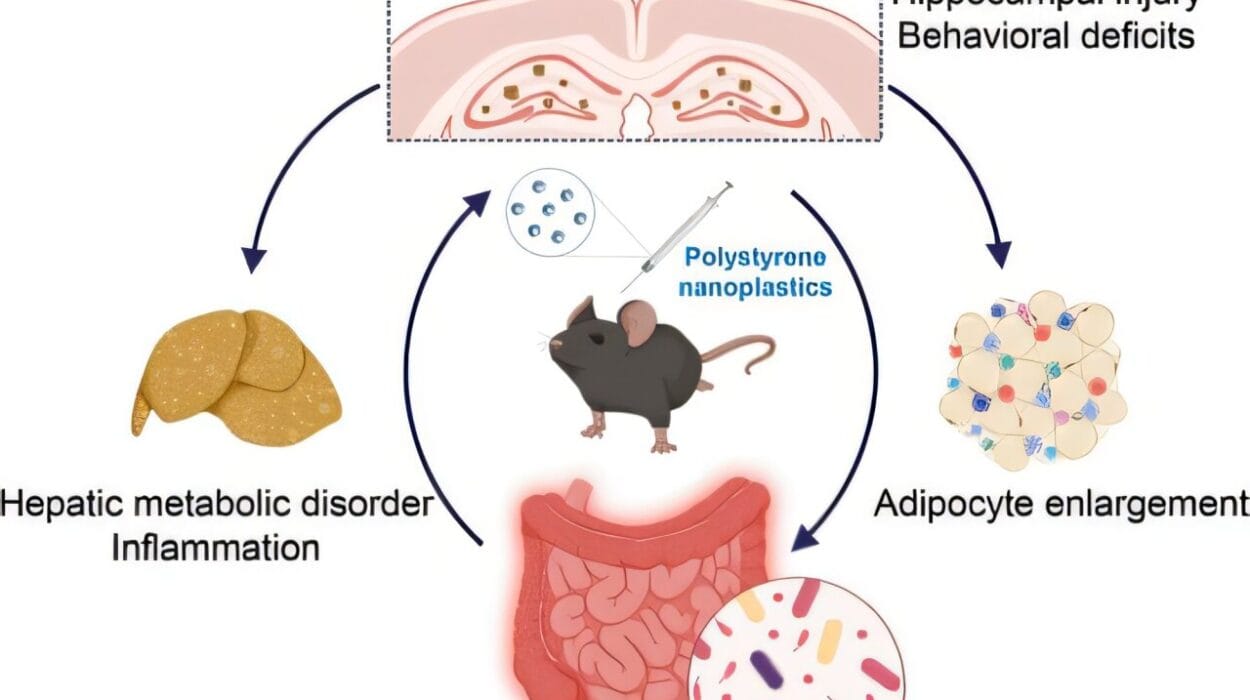When we think about health, our minds often go to the heart, lungs, or brain—the organs that feel most central to life itself. Rarely do we think about the trillions of microbes living in our gut. Yet, these invisible partners are shaping not only our digestion but also our moods, thoughts, and even our sense of self. The idea that bacteria in the intestines could influence mental health might sound surprising, but modern science has shown that the gut and brain are locked in constant conversation. At the heart of this dialogue are probiotics—living microorganisms that, when consumed in adequate amounts, can profoundly benefit both gut and mental health.
To understand the role of probiotics, we need to explore the deep interconnection between the gut and the brain, the science of the microbiome, and the fascinating ways in which tiny microbes influence our entire experience of life.
The Gut: A World Within
Inside every human being exists a vast inner world—an ecosystem teeming with bacteria, fungi, viruses, and other microorganisms. This microbial community, known as the gut microbiome, numbers in the trillions. Astonishingly, these microbes outnumber human cells and collectively contain more genetic material than our own DNA.
Far from being passive passengers, they play crucial roles: breaking down complex foods, synthesizing vitamins, training the immune system, and protecting against harmful invaders. Without them, human survival would be impossible.
But their role goes deeper. The gut microbiome is not just a digestive partner; it is an active player in the regulation of hormones, neurotransmitters, and immune responses. In fact, about 70% of the immune system resides in the gut, and nearly 90% of serotonin—the “feel-good” neurotransmitter—is produced there. These insights make it clear why the gut has been called the “second brain.”
The Gut-Brain Axis: A Highway of Communication
The connection between the gut and the brain is not metaphorical—it is anatomical and biochemical. The “gut-brain axis” describes the bidirectional communication system linking the central nervous system (the brain and spinal cord) with the enteric nervous system (the complex network of nerves lining the gut).
This communication occurs through multiple channels:
- Neural Pathways: The vagus nerve acts as a superhighway, transmitting signals from the gut to the brain and vice versa.
- Chemical Messengers: Gut microbes produce neurotransmitters like serotonin, dopamine, and gamma-aminobutyric acid (GABA), which influence mood and behavior.
- Immune Signaling: Microbes regulate inflammation, which can affect brain function. Chronic low-grade inflammation, often originating in the gut, has been linked to depression and anxiety.
- Metabolites: Short-chain fatty acids (SCFAs), produced when microbes ferment dietary fiber, cross into circulation and influence brain activity and neuroprotection.
This intricate network means that disturbances in the gut microbiome—called dysbiosis—can ripple through the system, affecting mental health in profound ways.
What Are Probiotics?
Probiotics are live microorganisms that, when administered in sufficient amounts, confer a health benefit to the host. Common probiotic strains include species of Lactobacillus, Bifidobacterium, and Saccharomyces (a type of yeast). They are found naturally in fermented foods like yogurt, kefir, sauerkraut, miso, kimchi, and tempeh, as well as in dietary supplements.
While not all bacteria are probiotics, those classified as such are known for their beneficial properties—restoring balance to the microbiome, supporting digestion, and enhancing immunity. In recent years, researchers have focused on how probiotics might also support mental well-being, giving rise to a new term: psychobiotics—probiotics with potential mental health benefits.
Probiotics and Gut Health
The most immediate role of probiotics is in maintaining gut health. They do this in several ways:
- Restoring Microbial Balance: After antibiotics, illness, or poor diet, the gut microbiome can become imbalanced. Probiotics replenish beneficial bacteria, preventing harmful species from dominating.
- Enhancing Digestion: Certain strains help break down lactose, proteins, and fibers, improving nutrient absorption.
- Supporting Immunity: By interacting with immune cells, probiotics train the immune system to tolerate harmless substances while attacking real threats.
- Protecting the Gut Lining: Probiotics strengthen the intestinal barrier, preventing harmful substances from leaking into the bloodstream—a phenomenon called “leaky gut,” which has been linked to chronic inflammation and disease.
These actions not only promote physical health but also set the stage for better mental well-being, since a stable gut environment directly influences brain function.
Probiotics and Mental Health: The Emerging Science
Over the past decade, a growing body of research has revealed fascinating links between probiotics and mental health. Animal studies first showed that altering gut microbes could change behavior, stress responses, and even brain chemistry. Soon after, human studies began to uncover similar patterns.
Depression
Clinical trials suggest that certain probiotic strains may reduce symptoms of depression. For example, a study published in Frontiers in Psychiatry found that individuals taking a combination of Lactobacillus helveticus and Bifidobacterium longum reported improved mood and lower anxiety compared to placebo.
The mechanism may involve reduced inflammation, modulation of stress hormones like cortisol, and increased production of neurotransmitters.
Anxiety
Probiotics may also help alleviate anxiety. Research shows that some strains can reduce the body’s physiological stress response—lowering heart rate and blood pressure under stress. The vagus nerve appears central here, transmitting calming signals from gut microbes to the brain.
Stress Resilience
Chronic stress disrupts the gut microbiome, but probiotics seem to buffer these effects. By maintaining microbial balance, they help prevent stress-induced inflammation and support mental resilience.
Cognitive Function
Preliminary studies suggest that probiotics may even support memory and learning. For example, elderly participants taking probiotics showed improved cognitive test scores compared to those who did not. Though early, these findings hint at potential applications in preventing or delaying neurodegenerative diseases.
The Role of Diet in Probiotic Effectiveness
Probiotics do not work in isolation. Their effectiveness depends greatly on diet and lifestyle. To thrive, probiotics need prebiotics—dietary fibers that act as food for beneficial bacteria. Foods like garlic, onions, bananas, and whole grains nourish probiotics and allow them to colonize the gut.
This synergy between probiotics and prebiotics, often called synbiotics, creates an environment where good bacteria can flourish, enhancing both gut and mental health. Conversely, diets high in processed foods, sugar, and unhealthy fats encourage harmful microbes, undermining probiotic benefits.
Probiotics in Everyday Life
Incorporating probiotics into daily life can be simple. Fermented foods are among the best natural sources, providing diverse strains that may not be available in supplements. Yogurt with live cultures, kefir, kimchi, sauerkraut, miso, and kombucha are flavorful ways to support gut health.
For those who need targeted support, supplements can provide concentrated doses of specific strains. However, not all probiotic supplements are created equal—strain specificity, dosage, and quality control matter. Consulting healthcare professionals ensures that the chosen probiotic matches individual needs, especially for people with health conditions.
Challenges and Limitations of Probiotic Research
Despite the promising evidence, probiotic science is still evolving. Not all studies show consistent benefits, and individual responses can vary widely. Some challenges include:
- Strain Specificity: Benefits depend on the exact strain and dose used; what works for one person may not work for another.
- Survival in the Gut: Many probiotics must survive stomach acid and bile to reach the intestines, and not all strains succeed.
- Complexity of the Microbiome: Each person’s microbiome is unique, shaped by genetics, diet, lifestyle, and environment. Probiotics may interact differently depending on this baseline.
- Long-Term Effects: More research is needed to understand how probiotics affect mental health over months and years.
Acknowledging these limitations is crucial. Probiotics are not magic bullets; they are tools that must be integrated into broader approaches to health, including balanced diet, exercise, sleep, and stress management.
The Future of Psychobiotics
The idea that bacteria could be prescribed as mental health therapies is no longer science fiction. Emerging research in psychobiotics aims to develop targeted probiotics for conditions like depression, anxiety, autism, and even Alzheimer’s disease. Personalized medicine, guided by an individual’s microbiome profile, may one day allow tailored probiotic interventions.
Scientists are also exploring postbiotics—the beneficial compounds produced by probiotics, such as SCFAs, peptides, and neurotransmitters. Delivering these directly could bypass the challenges of probiotic survival and colonization.
As understanding deepens, the future may bring microbiome-based therapies that complement or even replace traditional drugs for certain conditions, offering gentler, more holistic pathways to health.
The Human Side of the Story
Science can explain mechanisms and pathways, but the lived experience of health goes beyond biology. People who discover the benefits of probiotics often describe not just fewer digestive problems but a sense of lightness, energy, and emotional stability. It is the feeling of being in balance, of harmony between body and mind.
This human dimension reminds us that health is not just about numbers or lab results. It is about how we wake up in the morning, how we face challenges, how we connect with others, and how we feel in our own skin. Probiotics, though tiny and invisible, have the power to touch these deeply personal aspects of life.
Conclusion: Small Allies, Big Impact
The role of probiotics in gut and mental health represents one of the most exciting frontiers of modern science. They reveal that our well-being is not only written in our genes but also shaped by the invisible ecosystems within us.
By supporting a healthy gut microbiome, probiotics influence digestion, immunity, and—in ways we are only beginning to understand—our thoughts, emotions, and resilience. Though challenges remain, the evidence suggests that nurturing our inner microbial world is one of the most powerful steps we can take toward holistic health.
In the end, the story of probiotics is a story of partnership—between human beings and the microbes that live within us. It is a reminder that health is not a solitary pursuit but a shared journey, a collaboration between species, and a dance of balance and connection.
